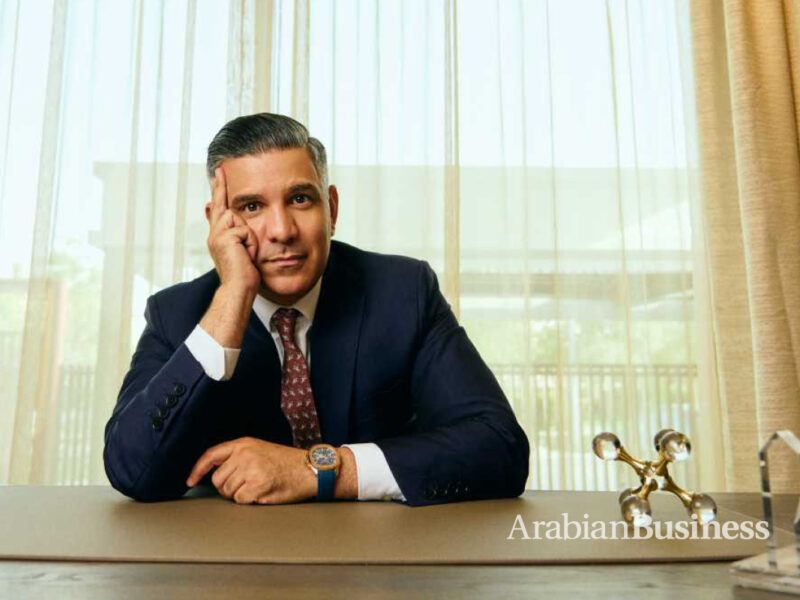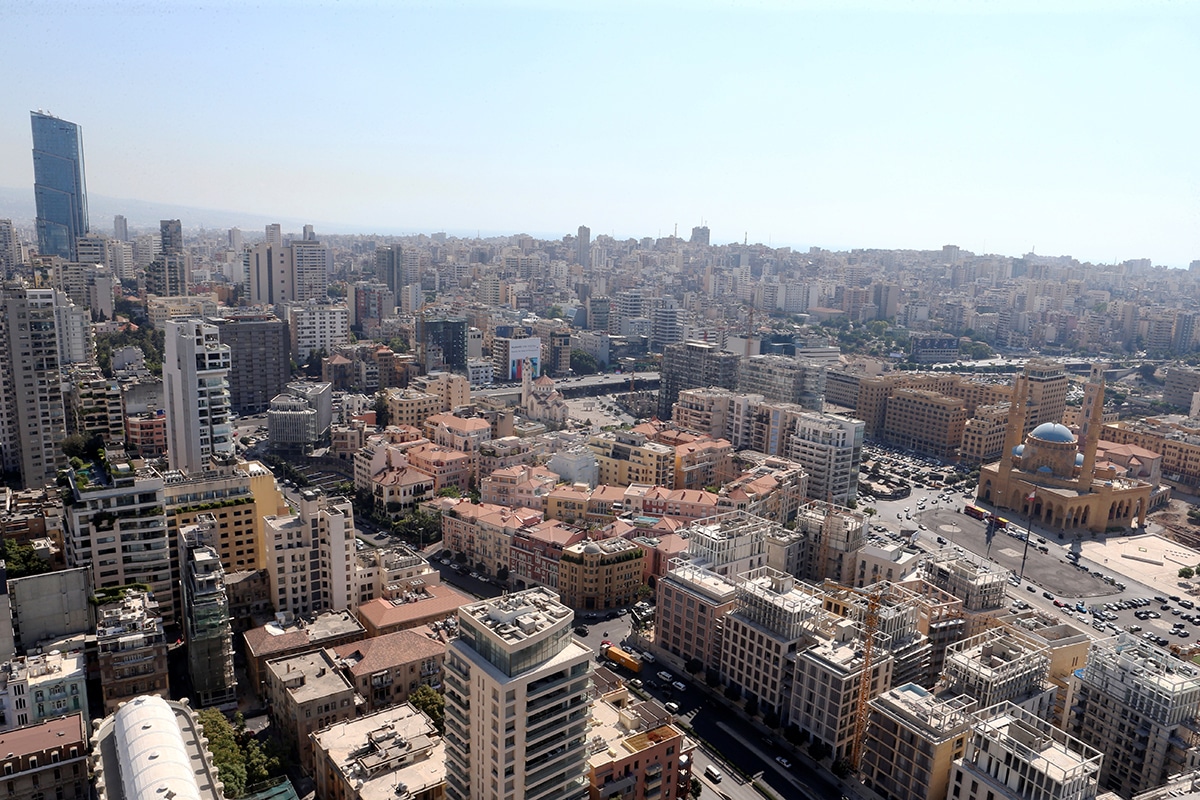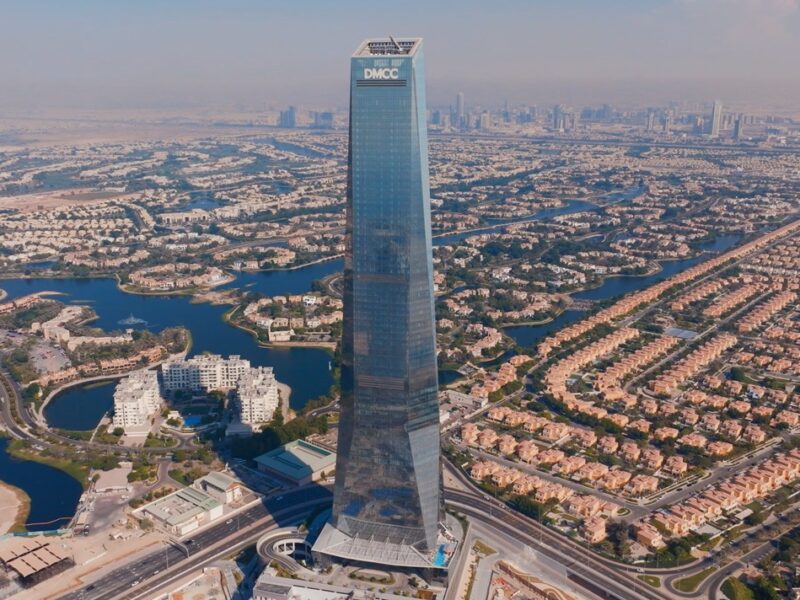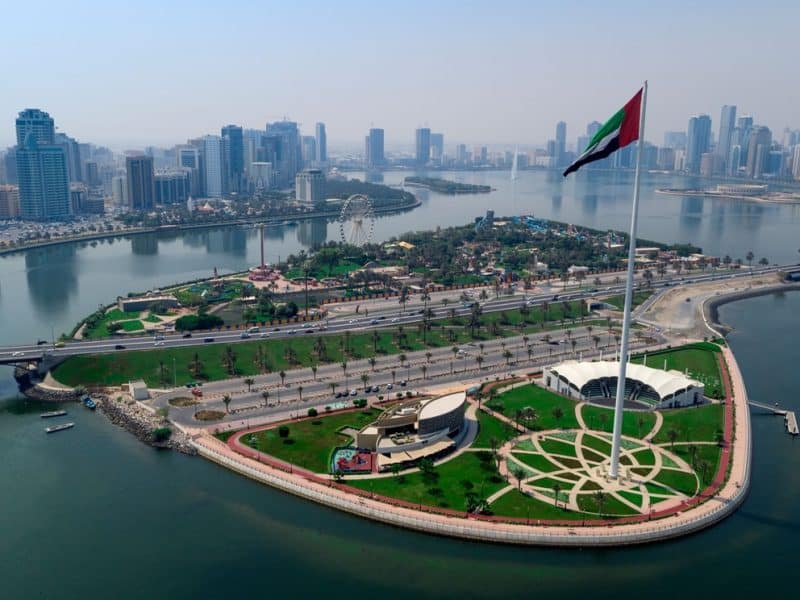Investors are beginning to eye opportunities in Lebanon’s battered property market as a ceasefire with Israel holds, though experts warn the window for potential bargains comes with significant risks in a nation still gripped by political paralysis.
“There has been a noticeable increase in buyers looking to capitalise on lower property prices in conflict-affected areas,” CEO of VERTICA Realty Group Mohamad Sinno told Arabian Business, noting the trend is fuelled by investors seeking long-term gains and individuals searching for more affordable housing options.
But he cautioned that sellers remain reluctant to part with properties unless they receive “good and realistic offers,” while many potential buyers are still holding off on transactions until the conflict definitively ends.
In November, Israel and Lebanon signed a US-brokered ceasefire deal to end year-long hostilities with Hezbollah. The agreement requires Hezbollah to lay down arms in southern Lebanon and Israel to withdraw its forces within 60 days and transfer control to the Lebanese army and UN peacekeepers.
The Lebanese property market has splintered dramatically since fighting erupted in September, creating stark disparities between conflict zones and safer areas. Towns like Nabatiyeh, Aitaroun, Bint Jbeil, and Tyre have seen sharp declines in property values, while Beirut’s southern suburbs, including Dahiyeh, have also experienced significant drops due to extensive damage.
“Mass internal displacement from affected areas towards the centre and northern parts of Beirut along with Northern Lebanon has created massive demand-side pressures on rents within these regions,” said Marwan Barakat, Group Chief Economist at Bank Audi.
Historical precedent
Some investors are drawing parallels with previous conflicts. “After the 2006 Lebanon War, the real estate market experienced significant changes,” Sinno said. “Investors who purchased land in heavily damaged areas saw substantial gains as the regions were rebuilt and stabilised.”
However, the scale of destruction this time is notably larger. An estimated 45,000 housing units have been completely destroyed, with reconstruction costs projected at $8 billion – double the figure from the 2006 conflict.
The current ceasefire has emboldened some investors to begin exploring opportunities, particularly in areas where prices have dropped significantly. Bank Audi forecasts three potential scenarios for 2025, with a 40 per cent probability each assigned to positive and middle scenarios, and a 20 per cent chance of renewed hostilities.

“Real estate prices are still well below pre-crisis levels, suggesting a pent-up opportunity and substantial capital gains shall politico-economic conditions normalise,” Barakat said, noting limited construction over the past five years could drive a “noticeable price surge once confidence gets back on track.”
Cash is still king
Banking restrictions have fundamentally altered how property transactions occur. “Due to the banking crisis and restrictions on withdrawals and mortgages, many people have turned to cash transactions for real estate deals,” Sinno said, adding that this shift has favoured local buyers with access to physical currency over those relying on bank loans.
The property market’s recovery prospects remain closely tied to Lebanon’s ability to break its political impasse, with the next presidential electoral session scheduled for January 15 after more than a year without a head of state.
“The ceasefire creates an encouraging environment for addressing Lebanon’s political deadlock,” said Imad Salamey, senior Middle East policy advisor at Lebanese American University. “The prospect of international aid to rebuild affected areas may act as a catalyst for political compromise.”
However, Salamey cautions that significant recovery will require the state to “assert its sovereignty” and demonstrate improved relations with Arab and Western states.
For now, property values in safer areas have shown some signs of stabilisation due to increased demand, Sinno said, though conflict zones have yet to see any recovery. “The real estate market’s recovery will largely depend on the stability of the ceasefire and the effectiveness of reconstruction efforts.”










